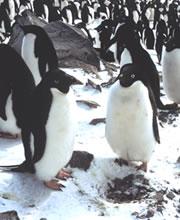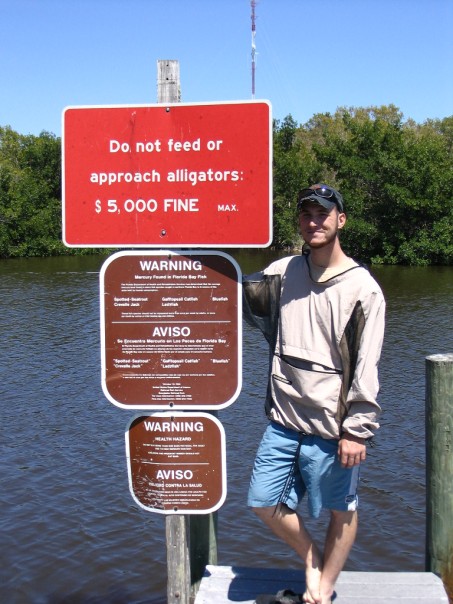
Ancient eggshell fragments show that Adélie penguins living in Antarctica switched from eating fish to krill around the time that humans began hunting seals and whales. The finding suggests that when humans removed krill-eating predators the penguins exploited the resulting shrimp surplus. Steven Emslie of the University of North Carolina in Wilmington, and William Patterson of the University of Saskatchewan in Saskatoon, analysed more than 220 fossil eggshell pieces ranging from 100 to 38,000 years old, and compared them with samples from modern nests. By comparing the proportion of certain forms of carbon and nitrogen in the shells with the proportions found in fish and krill, the researchers could tell what the birds had been eating. Emslie expected to find changes in diet matching climate change. Instead, the penguin menu remained biased towards fish until about 200 years ago, when the birds switched to krill. Recent global warming and the rise in krill fisheries has reduced krill stocks and could be contributing to the decline in Adélie penguin populations on the Antarctic Peninsula, says Emslie. The study is published in the Proceedings of the National Academy of Sciences1. Dietary switch From 1793 to 1807, an estimated 3.2 million seals were taken from the Southern Ocean. The resulting crash in the seal population — including the Antarctic fur seal Arctocephalus gazella, which fed primarily on krill — caused the industry to collapse.
| ||||




No comments:
Post a Comment